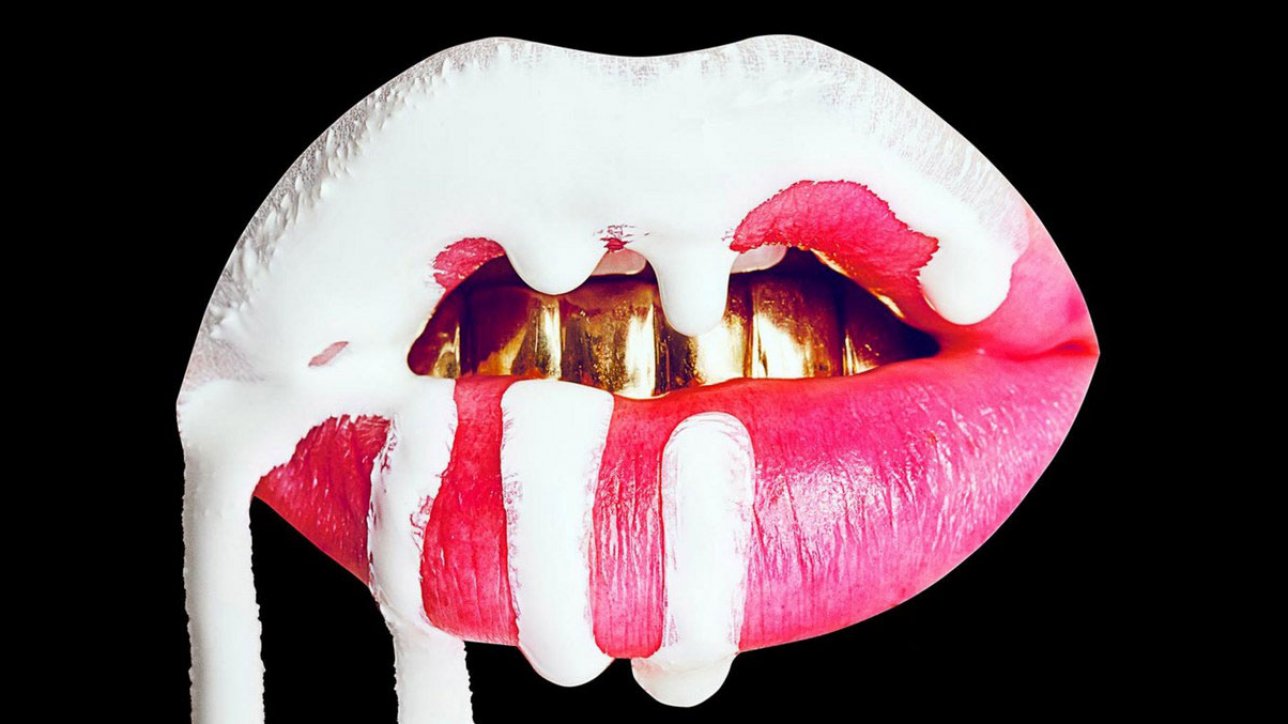Counterfeit cosmetics are a billion dollar industry that can send consumers to hospital and irreparably damage the credibility of a brand. But, protecting your product is no longer just about traceability – educating your customers to authenticate products with their smartphone can be a powerful tool to engage them in your next marketing campaign.
Last year, after gruesome stories circulated online of counterfeit Kylie Cosmetics lip kits causing swelling, blistering and disfigurement, Kylie Jenner herself went to the backstreets of Los Angeles to buy fake versions of her own makeup.
Soon to be the world’s youngest self-made billionaire according to Forbes, Kylie took her best friend and the camera crew from her TV show, Life of Kylie, and educated her millions of loyal followers about counterfeit cosmetics. She leaned into the controversy and turned a crisis into a lesson in brand authenticity and customer engagement. In July Forbes valued her company at over US$900 million. Not bad for a 21-year-old with a business that is barely three years old.
A perfect match: Cosmetics and counterfeits
According to the Global Brand Counterfeiting Report 2018, the total amount of counterfeiting globally reached US$1.2 Trillion USD in 2017 and will reach US$1.82 Trillion by the year 2020. Brandon Gaille reports that goods from China account for 78.5 per cent of the total counterfeit market, both known and unknown, and the vendors aren’t being shy about it. Chinese bloggers are actually posting videos of how they make fake cosmetics, brand packaging and all, to allay fears about safety and ‘authenticity’.
At the same time, an NPD Report from last year stated that in 2016 the makeup category saw a 12 per cent growth globally. While established legacy brands such as Armani and Chanel have some problems with copycat products, Instagram favourites such as Kylie Cosmetics, Benefit, MAC and Ben Nye are being faked at lightening speed.
The demand from millennial consumers for name-brand cosmetics at bargain prices has created a counterfeit market worth billions, and with e-commerce sites, including Amazon and eBay, unable to verify sellers, companies are struggling to stem the tide of cosmetic fakes.
The real cost of cosmetic counterfeits
According to Refinery 29, in 2015 US Homeland Security conducted 2,000 seizures of counterfeit cosmetics and beauty products, which they estimate cost the industry $75 million dollars in that one fiscal year alone. The following year, MAC, one of the most-counterfeited brands in the world, seized over 2.6 million pieces of fake MAC makeup.
But, unlike fake bags, shoes and clothing, counterfeit cosmetics don’t just cost businesses money; like fake pharmaceuticals they can have real health implications for consumers. Everything from aluminium to faeces and horse urine has been found in fake cosmetics, and dangerous levels of bacteria are found in most.
Protecting your brand
According to a recent report, 50 per cent of online shoppers think it is the brand owners’ responsibility to remove fake items from online platforms. While e-commerce sites are increasingly trying to identify and remove counterfeit sellers, and companies like Estée Lauder, MAC’s parent company, are conducting their own independent investigations to present to law enforcement, counterfeiters are only getting craftier and growing in number.
So, what can cosmetics brands do to combat this growing problem? YPB’s industry-leading anti-counterfeit solutions such as ProtectCode, Motif Micro and Vintail not only ensure traceability through the supply chain, they enable customers to scan products for authenticity using their smartphone. This creates a digital marketing bridge between brand and customer at the point of sale, delivering valuable data on who is buying your products. In other words, authenticity triggers engagement.
While your customers are scanning to ensure the authenticity of their lipstick or eye shadow YPB’s digital marketing platform, YPB Connect, collects the scan data, as well as customisable data such as name, address, gender, and social media name. You can then target messaging to previously engaged customers based on their profiles in our database.
We can help turn your counterfeit cosmetics problem into a brand engagement solution.

